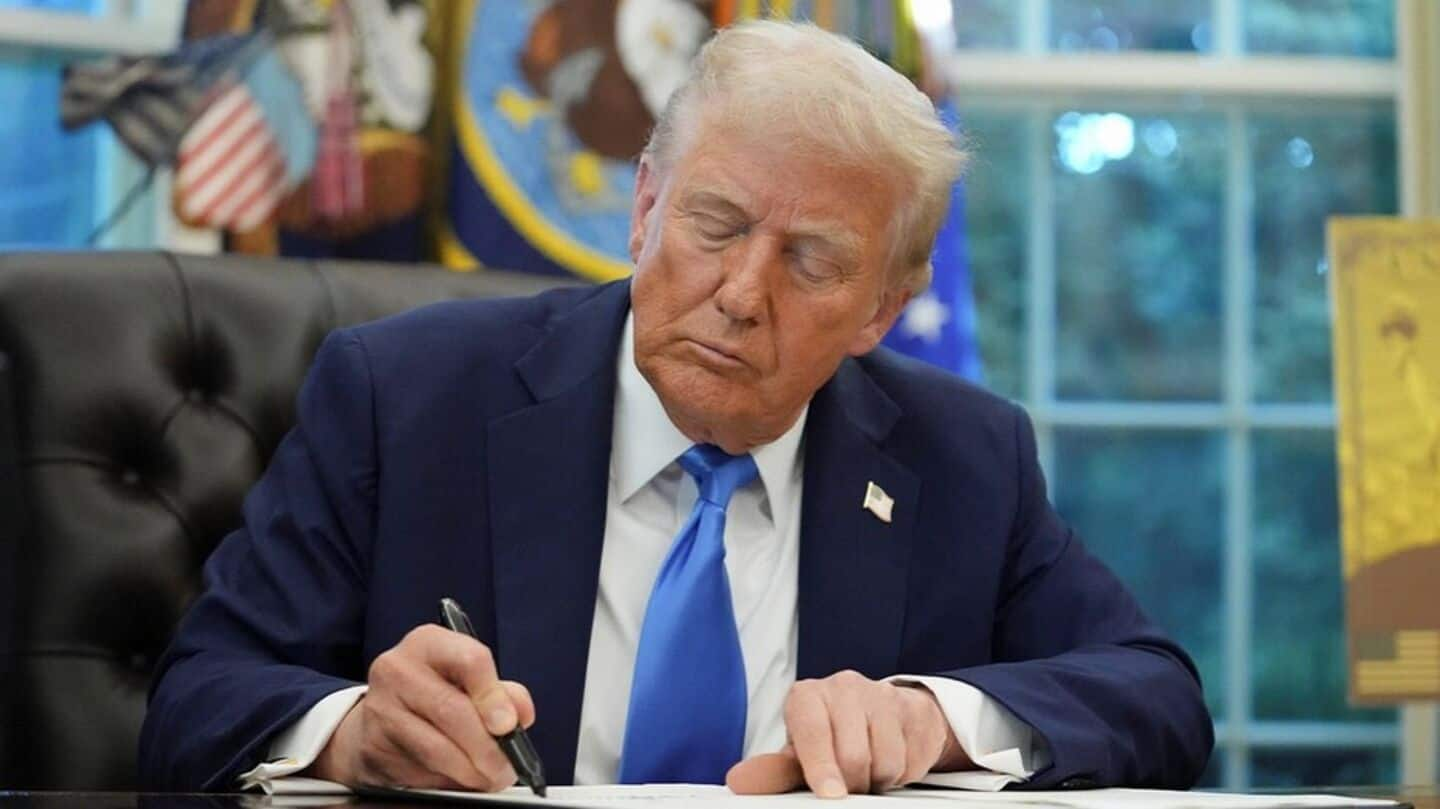
Has Trump's recent order rendered H-1B visa program ineffective?
What's the story
US President Donald Trump has signed a proclamation increasing the fee for H-1B visas to $100,000. The change comes into effect today and is likely to have a major impact on global hiring practices. White House spokesperson Karoline Leavitt clarified that this is a one-time fee and not an annual charge, meaning H-1B visa holders won't have to pay again for re-entry into the US.So, is the H-1B visa program now practically ineffective? Let's find out.
Hiring trends
Rise in remote hiring
The increase in H-1B visa fees could lead to a rise in remote hiring, particularly from India. Ritu Sethi, Partner at ABC Consultants, said this change would give Indian tech professionals more opportunities to work for multinational firms. However, she also noted that the higher costs of H-1B visas might limit the number of Indians taking up onsite roles in US organizations.
Business strategy
Adoption of hybrid models
Kapil Joshi, CEO of IT Staffing at Quess Corp, said businesses will adopt hybrid models. These would involve keeping client-facing roles local while centralizing work in India and other talent hubs. He stressed the importance of investing in strong collaboration tools, scaling global capability centers, and ensuring remote teams feel fully integrated into their organizations.
Impact assessment
Reverse brain drain
The proposed visa fee could have a major impact on India's tech talent. Siddhartha Nigam, Partner and Global Markets and US Corridor Leader at Grant Thornton Bharat, said almost 70% of H-1B visa holders are Indian. He added this change would require companies to rethink their offshore-onshore resource balance, and could even lead to a reverse brain drain as senior professionals may return to India.